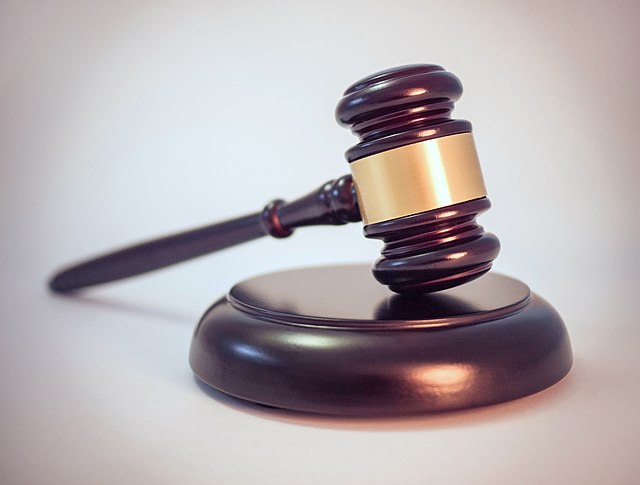Igwebuike: Mississippi should condemn capital punishment
Blogtrepreneur, CC BY 2.0, via Wikimedia Commons
Mississippi, one of the 27 states that has legalized the death penalty, sets its first execution date since 2012.
November 10, 2021
The death penalty, has been a hotly debated topic in the United States since as early as the 1900s, with many arguing over the morality and political aspects of its legalization. Those who support this kind of punishment believe it decreases the rate of crimes in society, while others believe that nobody, including the government, has the right to take a life for any reason.
Mississippi is one of the 27 states in the U.S. that legalizes capital punishment. The state reinstated the practice in 1974, allowing the execution of criminals and prisoners through lethal injections and gas chambers. Since then, 21 inmates convicted of murder have been executed in the state, with the last execution date occurring in 2012, in which there were six executions that year.
Recently, the debate surrounding the death penalty has gained traction after the Mississippi Supreme Court announced its first set execution date since 2012 last Thursday for inmate David Neal Cox, who was charged with murder his wife and the assault of his stepdaughter in May 2010 in Shannon. Cox pled guilty to sexual battery, kidnapping and other crimes without making a bargain with prosecutors and was sentenced to death on Nov. 7 by the jury.
People who support the death penalty fail to realize that capital punishment doesn’t just affect criminals and inmates: It also affects the victims of their crimes as well. Is it fair for victims and survivors to continually suffer from the physical and psychological trauma and pain they received while the perpetrator is free to escape the punishment they deserve?
I find the death penalty to be unacceptable, mainly on a moral level. The use of capital punishment can be risky and fail to deter crimes when you realize some inmates put on death row could be innocent or are found to be innocent after they are killed. For instance, in Columbus, inmate Eddie Lee Howard was convicted of the murder of a woman and sentenced to death in 1994; however, after new forensic evidence, alibi witnesses and DNA testing 26 years later, Howard was proven to be innocent and was exonerated in January.
Based on a study from 2014, about 4% of criminal defendants on death row are found to be innocent, and at least 186 people who had been wrongly convicted and sentenced to death in the U.S. have been exonerated. If we continue to use capital punishment in the legal system, we have the potential to sacrifice the lives of many innocent victims whose murders could have been avoided.
The death penalty has never achieved the benefit of protecting the public from murderers who may strike again. Although I do agree there are many dangerous criminals who do not deserve light punishment, justice does not require us to punish murder with death. It only requires the gravest crimes receive the most severe punishment our moral principles would allow us to impose. I find life incarceration without the possibility of parole as a better alternative to an irreversible punishment like the death penalty. It allows inmates who have committed such heinous crimes to truly live the rest of their lives with the consequences of their actions and allows new evidence to come to light for those who are wrongfully convicted.
Although it is important for the legal system to penalize people for their crimes, we also need to focus on the wellbeing of their victims and getting them justice. We need to focus more on the people affected by these vicious crimes and see what we can do as a society to help better their lives.








